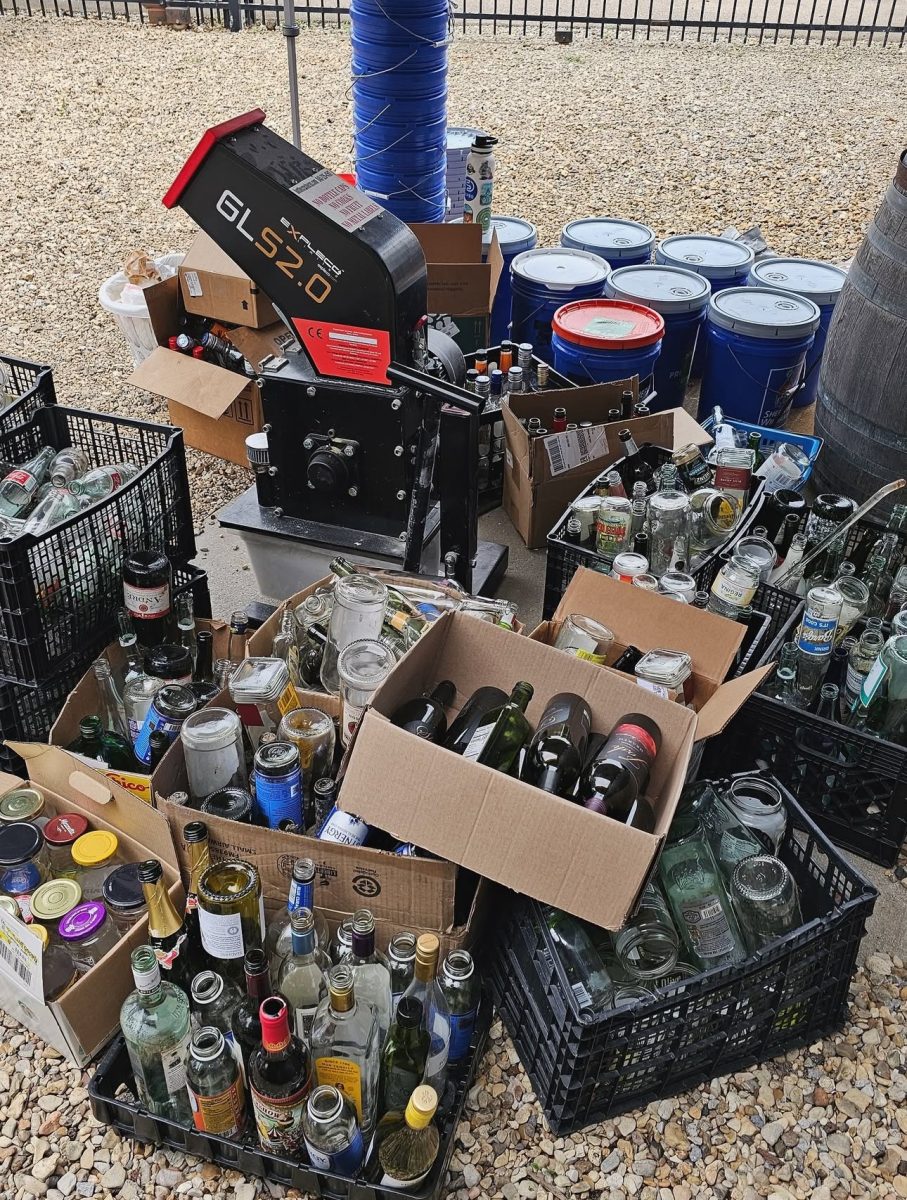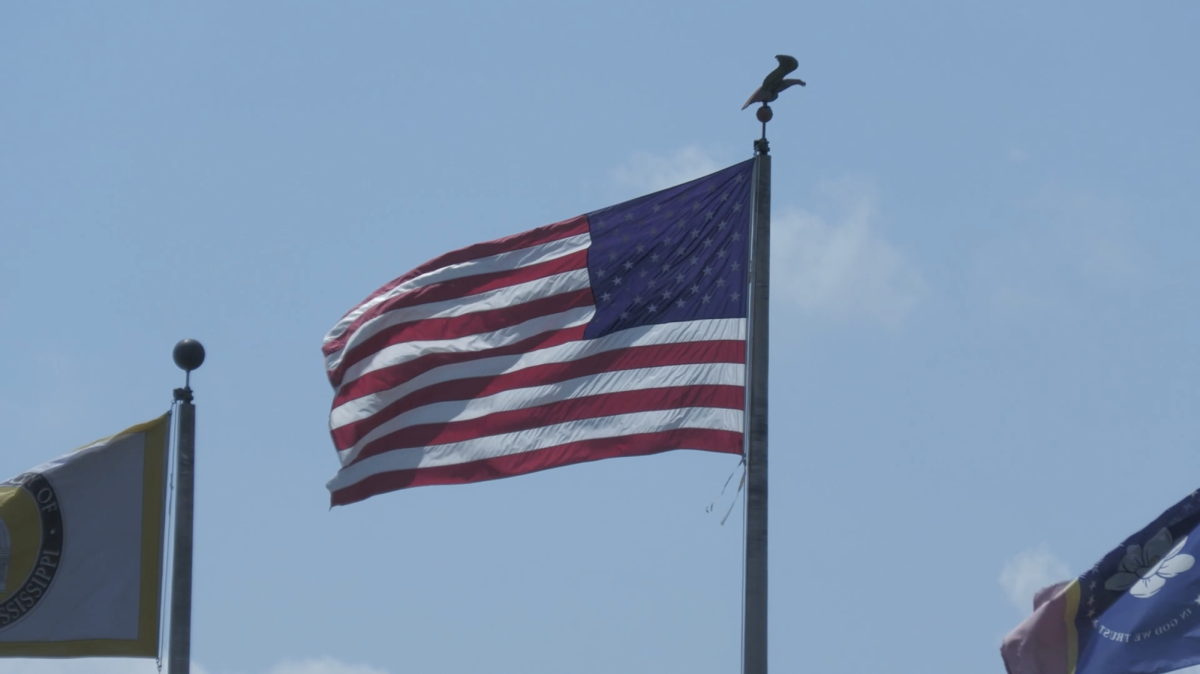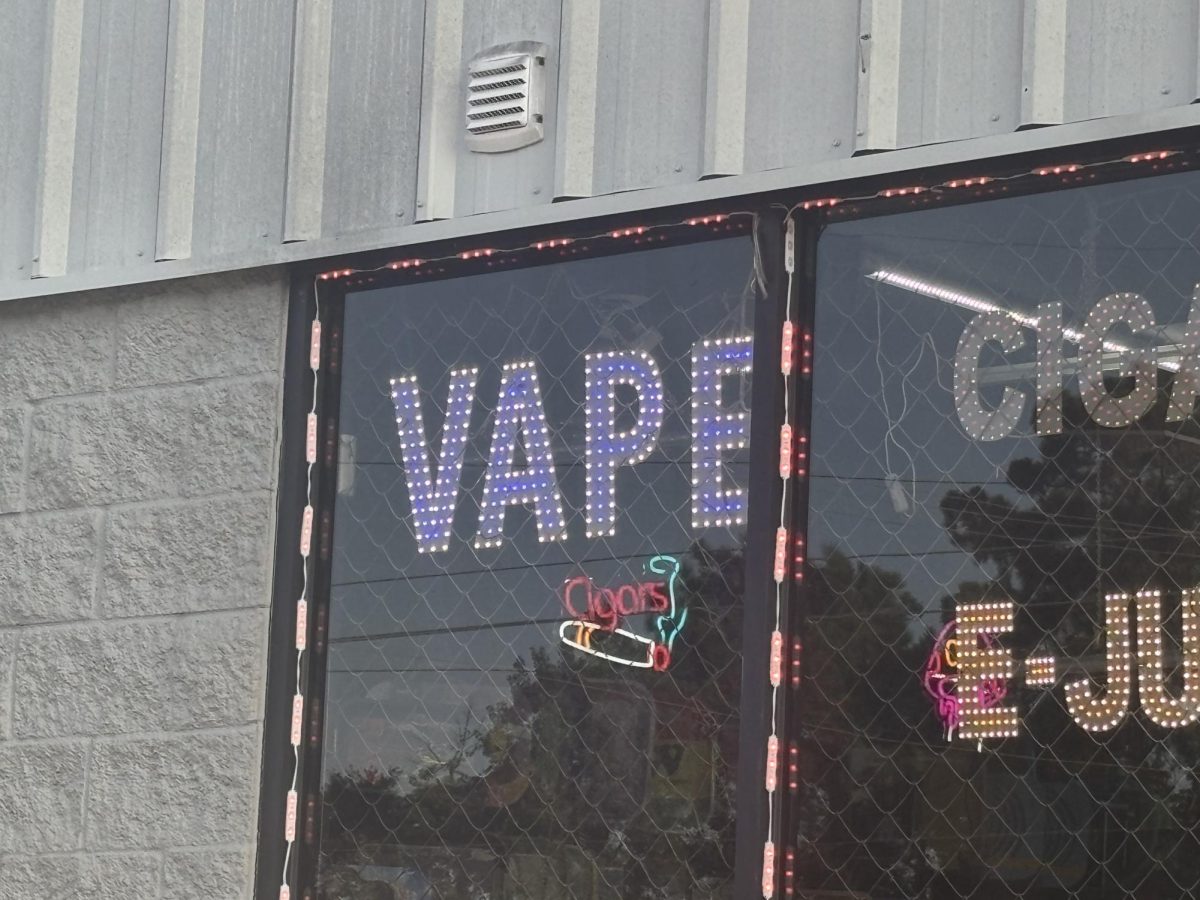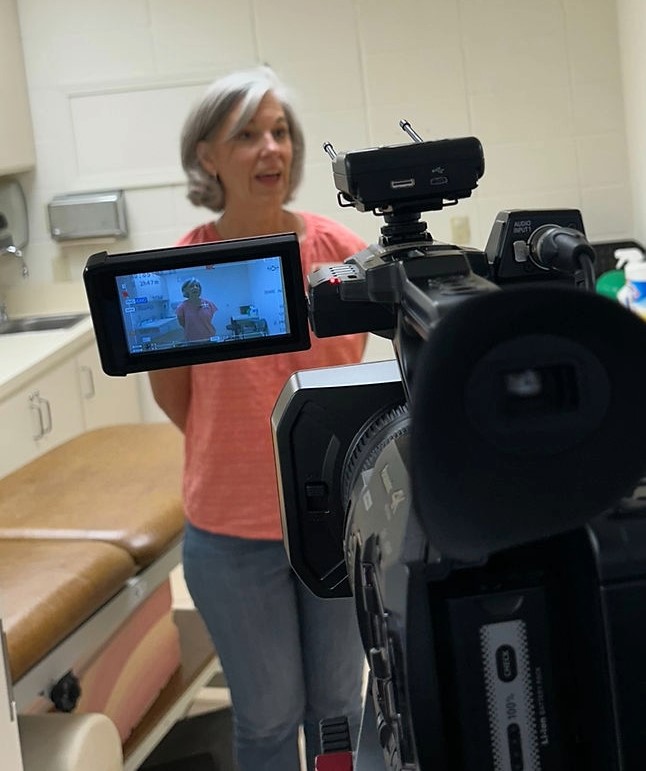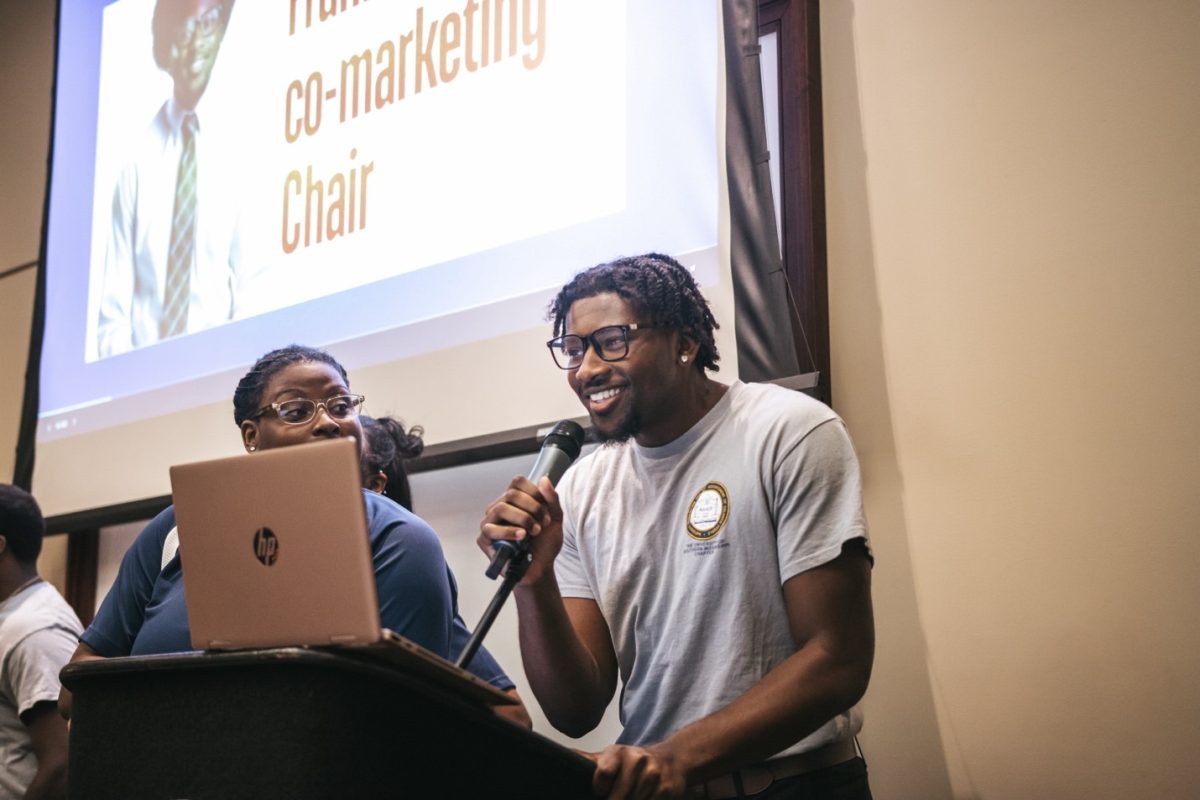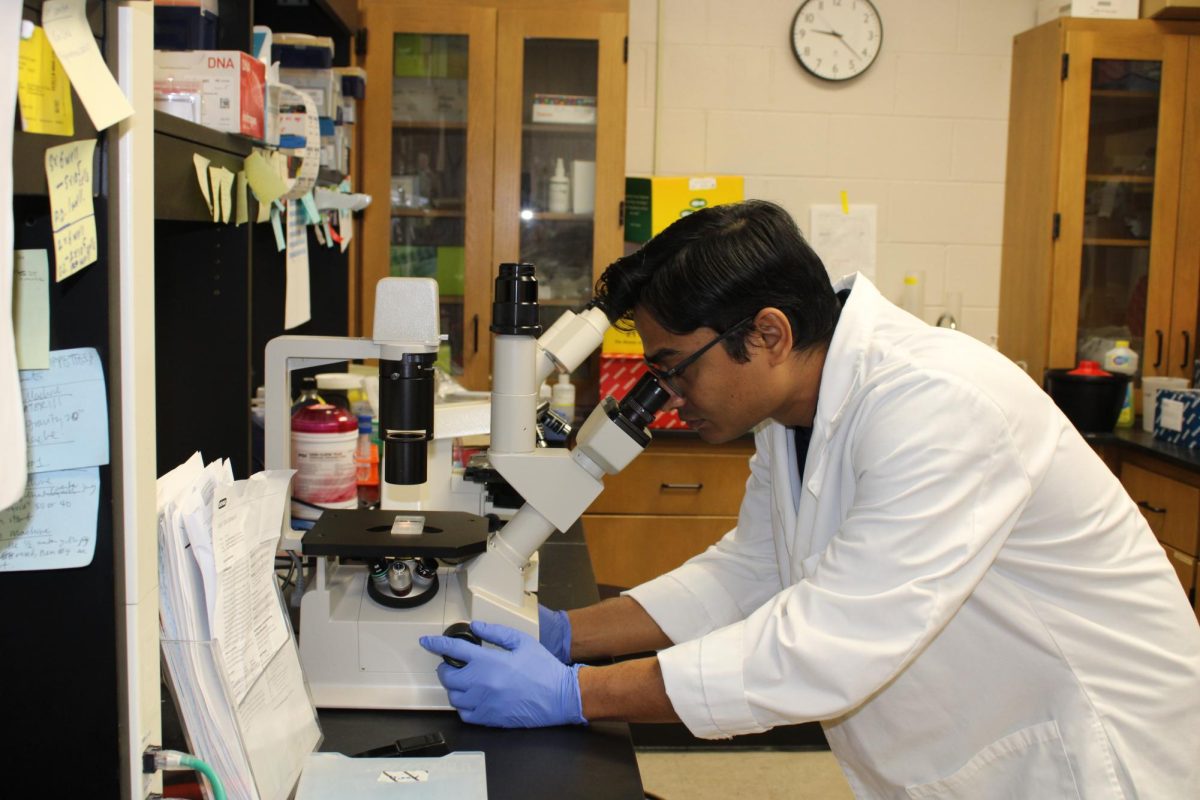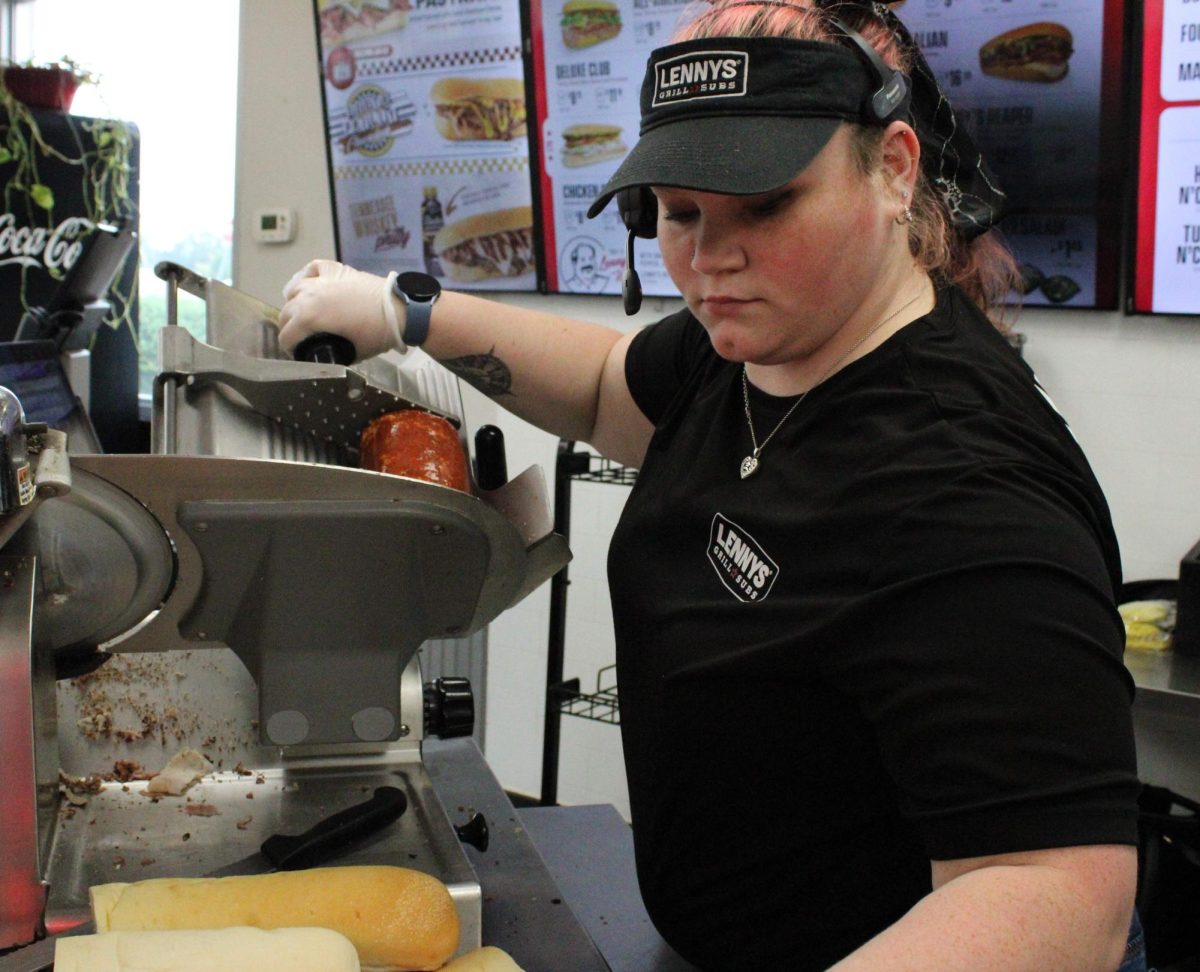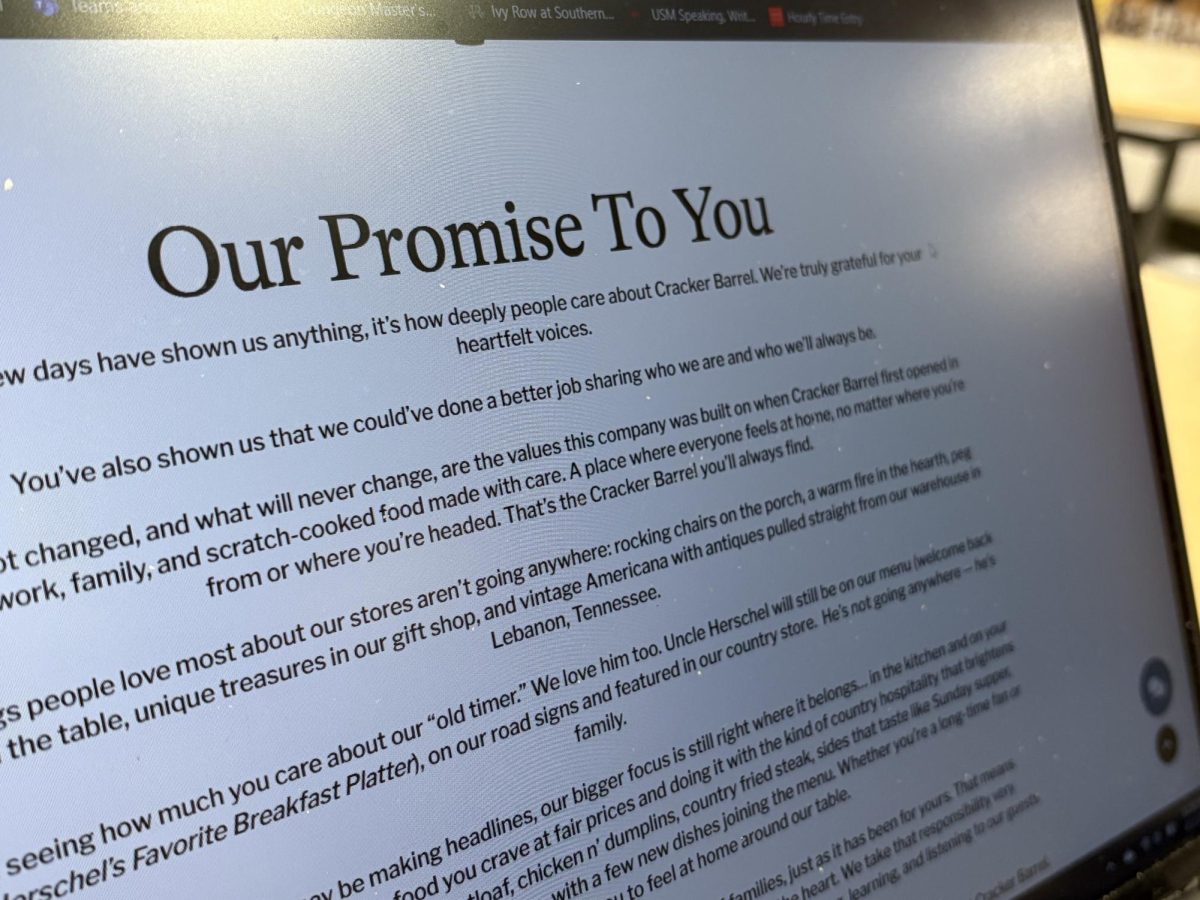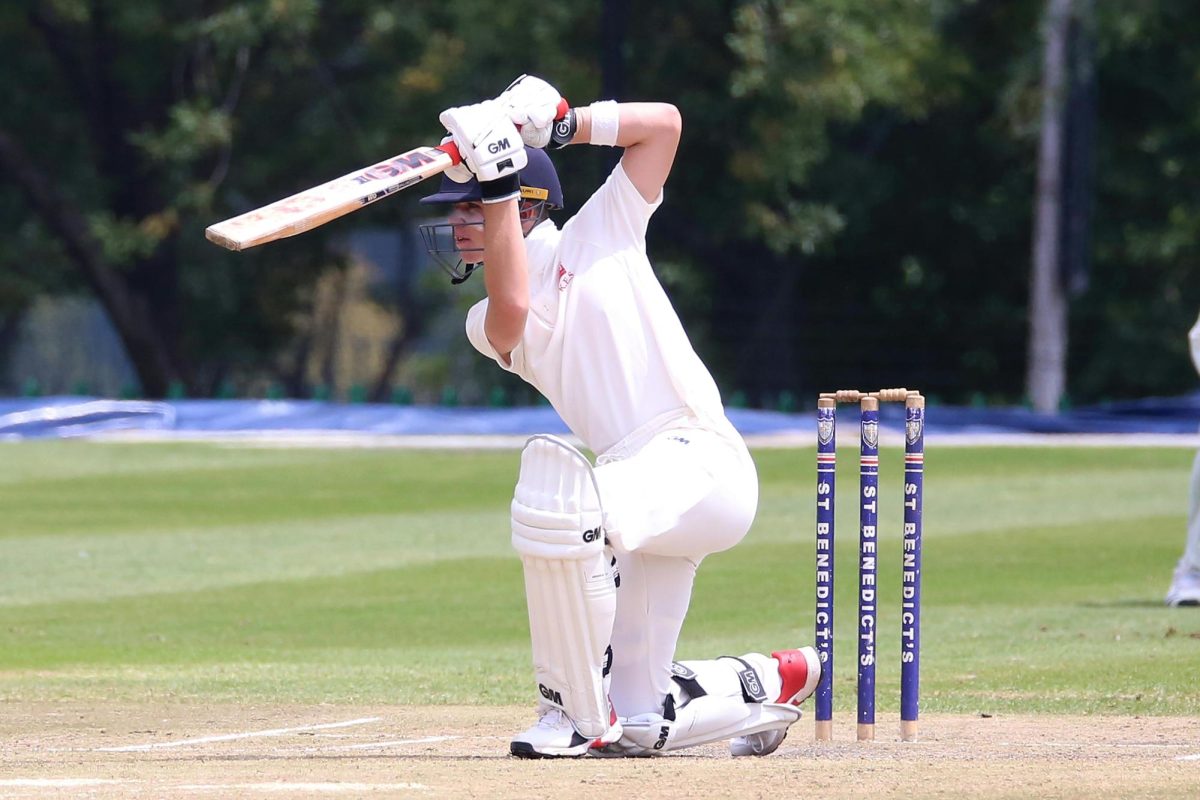With students returning to classrooms on Sep. 7, faculty and students are curious about how contact tracing will work during the semester. According to the COVID-19 Health and Safety Protocols page from the Moffitt Health Center, the Mississippi Department of Health is tasked with contact tracing.
Southern Miss-coordinated contact tracing begins when an individual associated with the university is highly likely to be or diagnosed with COVID-19 from a laboratory-confirmed test. From there, Southern Miss’ contact tracing interdisciplinary team will step in.
Thomas Deus, the Associate Dean of Students, said a staff member from the interdisciplinary team is assigned to each student that has a positive case in order to activate individual contact tracing.
“We hope to complete the process within 24 – 48 hours, including talking to those students who are considered close contact,” Deus said.
Deus also explained how contact tracing would be conducted. The staff member, upon learning about the positive test result, will contact the sick student as soon as possible.
“We attempt contact via phone and email. Once we start talking to the student we ask them how they are doing, if there is anything they need and where they are currently staying for their quarantine,” Deus said. “We then talk to the student about where they might have been infected, when they started experiencing symptoms and who they might have been around.”
The most important information being looked for is where the student has recently been where they have been in close contact with other people. Close contact is defined as being six feet of another person for over 15 minutes.
“Once we receive the list of close contacts, we then call those students and inform them they have [been] in with someone who tested positive,” Deus said. “Due to HIPPA policies, we are not allowed to disclose the name of the person infected.”
Deus reminds everyone that it is encouraged for students to get tested at the Moffitt Health Center, isolate and monitor symptoms as soon as they come up.
Steven Moser Ph.D., the Provost and Senior Vice President for Academic Affairs, said in an email that Southern Miss has an army of contact tracer volunteers that have been trained and certified through Johns Hopkins to help monitor COVID-19 cases. There is also a student affairs team managing student life outside of the classroom available and a group of faculty and staff that have guided the generation and implementation of protocols for positive cases inside the university.
“Our positive cases are low and manageable, but our ability to be successful next week through November will depend on our commitment to the Community Standards and our persistent encouragement for compliance,” Moser said.
If a student does become too ill to complete their work, the Assistant Dean for Student Outreach will work with the instructors to extend assignment deadlines and allow students to make up any in-class work. If a student that tests positive lives on-campus, the student will have the option to move into an isolated room or to return home. If an in-class instructor is exposed, the department will look to share the teaching load with faculty, graduate assistants or teaching assistants.
“The most important thing is for students to remember to social distance, wear a mask, wash or sanitize their hands often and monitor their health, specifically looking for common COVID symptoms,” Deus said. “It is easy to become comfortable around friends, but they should remember to practice the CDC guidelines with everyone they come in contact with.”


